8 Engine Terms Every Marine Engineer Should Know – Part 2
In the previous article, 8 Engine Terms every marine engineer should know, we talked about marine engine terms which marine engineers should know without fail.
In this article, there are eight more engine terms which deals with the characteristics of fuel and lubricating oils used on ships. These terms are used extensively on ship and therefore they are of great importance.

8 More Engine Terms Every Marine Engineer Should Know
1. Viscosity of Oils
The viscosity of the oil is defined as a measure of a fluid’s resistance to flow. It is the property of the liquid which tends to prevent relative movement between adjacent parts within itself.
Generally, the thicker the fluid, the higher its viscosity; whereas thinner liquids have lower viscosity.
2. Viscosity Index
Viscosity Index is a term which is mainly related to marine lubricating oils. It can be defined as the change in viscosity of the oil which takes place as a result of a change in temperature.
The higher the viscosity index of the lubricating oil better is the quality. This means that lubricating oil with higher viscosity index has only a small change as a result of a large temperature difference.
As a general practice, various additives are added in the oil to improve the viscosity index of the lubricating oil.
A viscosity index is a dimensionless number.
3. Cloud Point
Cloud point is the term which is related to the wax formation in the oil.
Cloud point indicates the temperature at which waxes begin to form in the oil.
Gradually, the wax formed crystallizes and clogs the filters. The cloud point helps in finding out the tendency of the oil to form wax.
4. Pour Point
The pour point of the oil can be defined as the temperature at which the oil stops flowing.
The pour point is lowered using additives known as pour point depressants.
5. Flash Point
The flash point of oil can be defined as the lowest temperature at which the oil will give off sufficient inflammable vapour to produce a flash when a small flame is brought to the surface of the oil.
6. SAE Number
The SAE number of the oil indicates its viscosity based on classification involving two temperatures. Every lubricating oil comes with a specific SAE number. The Society of Automotive Engineers is responsible for the classification of SAE numbers.
7. Total Base Number (TBN)
Total Base Number (TBN) can be defined as the measure of reserve alkaline additives that are put into the lubricating oil to neutralize the acids. It determines how effectively the acids formed during the combustion process can be controlled.
The higher the TBN better is the capability to fight oxidisation and corrosion and to improve viscosity characteristics. It also allows a longer operating period between lubricant changes under harsh operating conditions.
Diesel engines burning low grades of fuel show a high rate of liner wear as low-grade fuel have higher sulphur content. This high sulphur content leads to corrosive wear to the liner surface. Thus, alkaline lubricating oil is used to protect the liner surface against corrosive attack by neutralizing the sulphur derivative compounds.
The TBN is generally between 8-10 for marine lubricating oils.
8. Total Acid Number (TAN)
Technically, the total acid number (TAN) of the oil indicates the deteriorating condition of the lubricating oil. The higher the TAN, the more acidic the lubricant, and the further its chances of getting more deteriorated.
TAN also indicates the potential of the oil to cause corrosion problems, leading to component failure. The TAN should not be more than 2 for marine lubricating oils.
Disclaimer :
The information contained in this website is for general information purposes only. While we endeavour to keep the information up to date and correct, we make no representations or warranties of any kind, express or implied, about the completeness, accuracy, reliability, suitability or availability with respect to the website or the information, products, services, or related graphics contained on the website for any purpose. Any reliance you place on such information is therefore strictly at your own risk.
In no event will we be liable for any loss or damage including without limitation, indirect or consequential loss or damage, or any loss or damage whatsoever arising from loss of data or profits arising out of, or in connection with, the use of this website.
Do you have info to share with us ? Suggest a correction
Disclaimer :
The information contained in this website is for general information purposes only. While we endeavour to keep the information up to date and correct, we make no representations or warranties of any kind, express or implied, about the completeness, accuracy, reliability, suitability or availability with respect to the website or the information, products, services, or related graphics contained on the website for any purpose. Any reliance you place on such information is therefore strictly at your own risk.
In no event will we be liable for any loss or damage including without limitation, indirect or consequential loss or damage, or any loss or damage whatsoever arising from loss of data or profits arising out of, or in connection with, the use of this website.

About Author
An ardent sailor and a techie, Anish Wankhede has voyaged on a number of ships as a marine engineer officer. He loves multitasking, networking, and troubleshooting. He is the one behind the unique creativity and aesthetics at Marine Insight.
Latest Marine Technology Articles You Would Like:
- 10 Harmful Effects Of Impure Air On Ship’s Machinery
- 10 Important Things to Check While Starting Fuel Oil Purifier on Ships
- 10 Noteworthy LNG-Powered Vessels
- 10 Points for Efficient Turbocharger Operation On Ships
- 10 Practical Tips to Handle Engine Room Pumps
- 10 Precautions to Take Before Operating Controllable Pitch Propeller (CPP) on Ships
Subscribe To Our Newsletters
By subscribing, you agree to our Privacy Policy and may receive occasional deal communications; you can unsubscribe anytime.



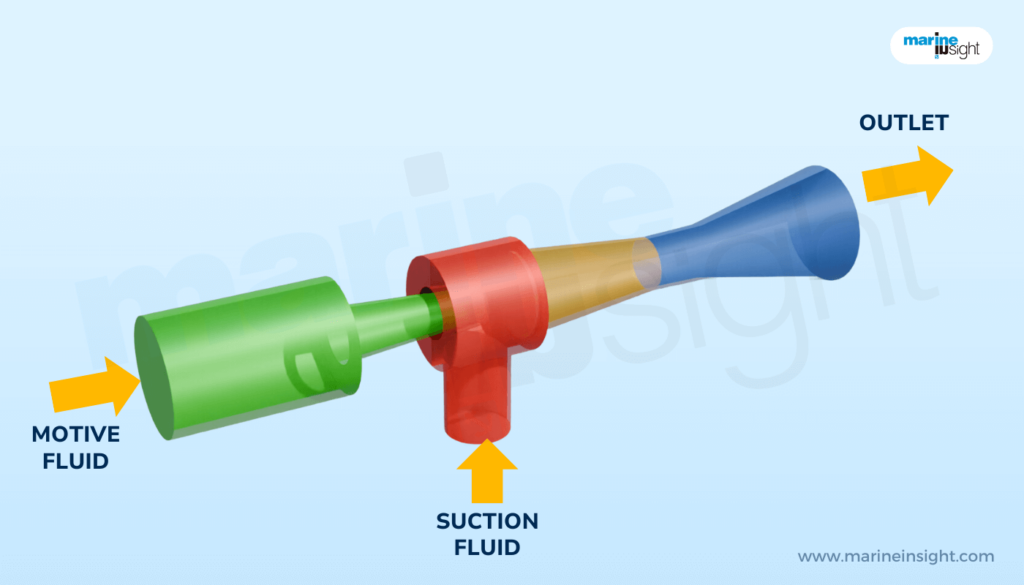
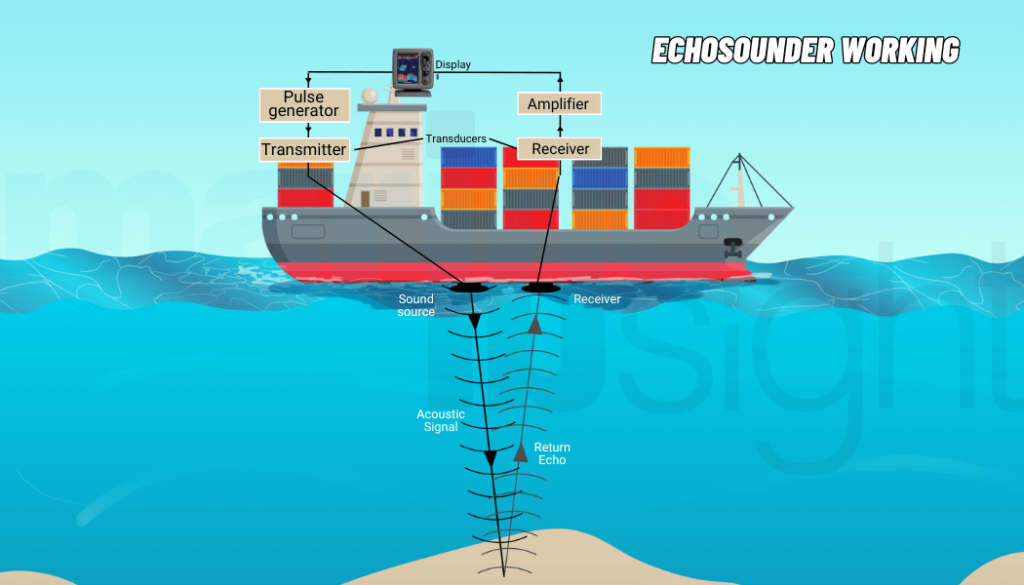
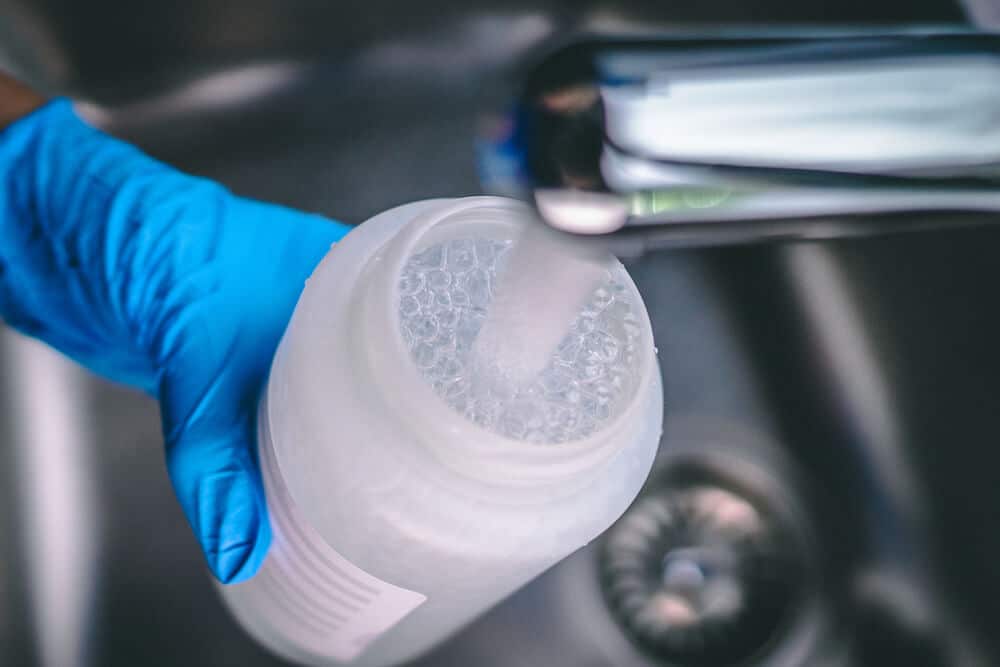
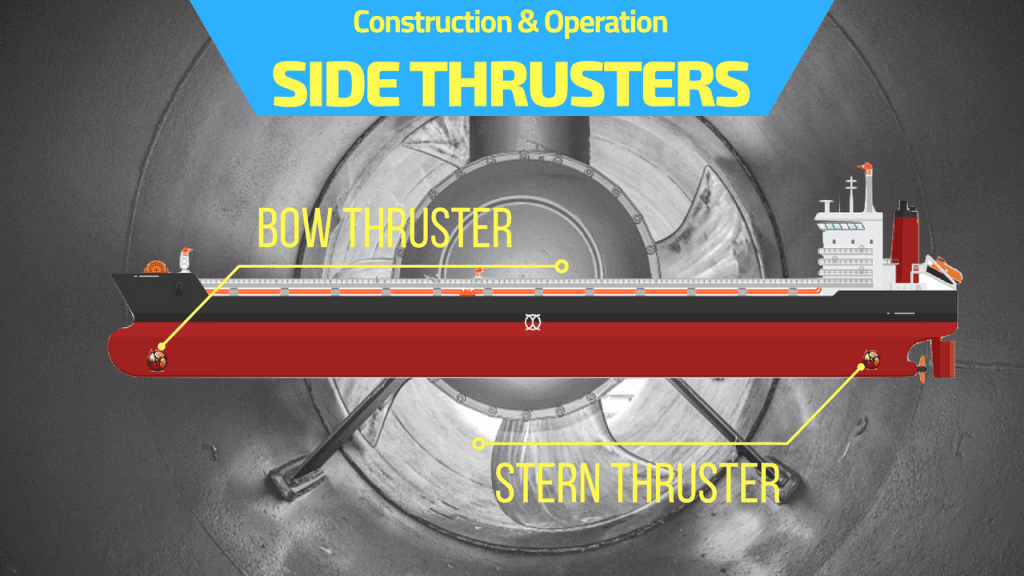

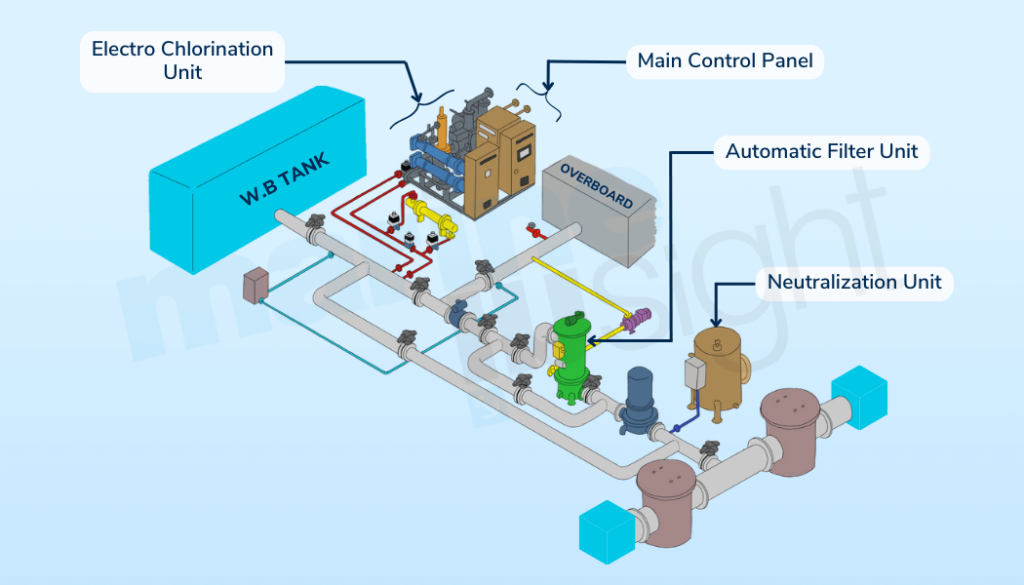
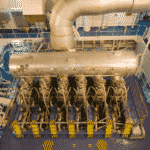

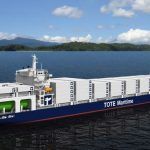

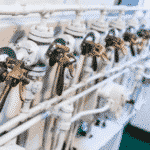


All of this Articles are very helpful to me as a seafarer.
Awesome stuff to reads as an trainee
Very good for Trainee engineers to re-cap from the beginning…….
Anish you are awesome we are very glad for you effort and knowledge to share with us. Really its a extreme good stuff for all marine engineers folks………. we thanking you all ways……. every time and every minute………..
Thanks very much,this is helpful for us who are into maritime and petroleum sectors as a consultant,I do have business although my major is tourism,I appreciated.
Viscosity is not ability of folw of liqid
It should be correct as resistance to flow of liqid.